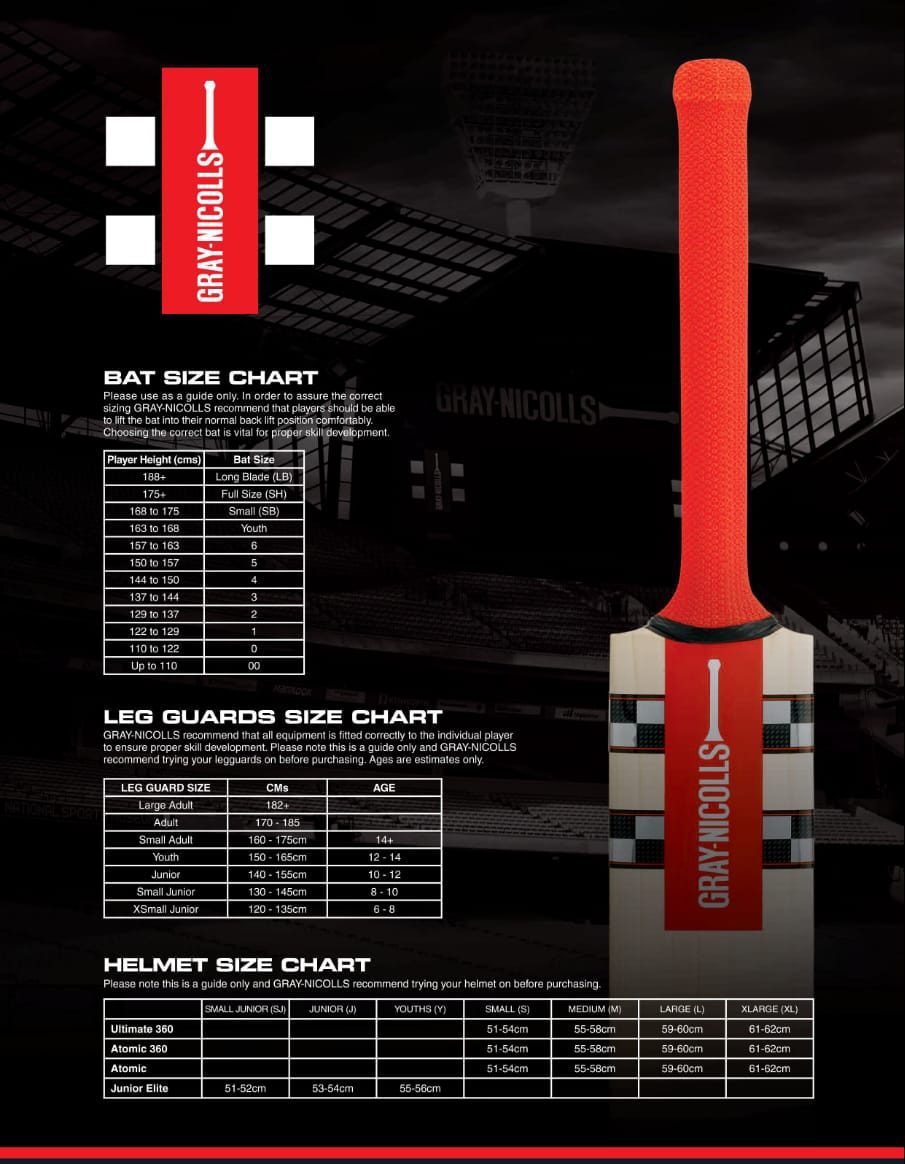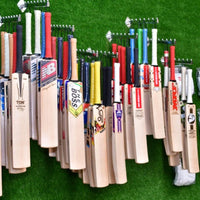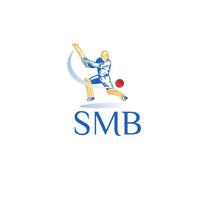
Each participant’s physique is completely different from that of others. so whereas enjoying you will need to have to make use of the correct bat as per your top, width, and arm energy. The improper number of bats might trigger issues in enjoying. so please discover the scale chart of cricket bats ready by Gray Nicolls.

With cricket bats costing up to several hundred pounds for top-of-the-range products, choosing the right one is essential. Along with the question of budget, there are other elements to consider including the weight and the overall length.
It’s a very personal decision and it’s important for the buyer to have as much information to hand as possible before making a final decision.
Cricket Bat Size Guide
For junior players under 15, height is a more important issue. At this stage, they are still growing and the length of the bat needs careful consideration. Tall players using short junior bats, and vice versa, will find the equipment uncomfortable and this can affect their technique.
In contrast, in adulthood, the body has stopped growing and, by this stage, batsmen should know their game. Player height carries less relevance and the bat’s weight, together with pick up and balance, are more important factors.
Factors to take into account here might include the player’s height and their style of play. A smaller player would generally be looking for a bat with a short handle while those with taller stature would be happier with a long handle bat that comes close to the maximum dimensions.
Cricket Bat Size Chart
| Bat Size | Batsman Age | Batsman Height | Bat Length | Bat Width | Bat Weight |
| Junior 1 | 4-5 years | below 4ft 3″ | 25 1/4″ | 3 1/2″ | 1lb 11oz – 1lb 13oz |
| Junior 2 | 6-7 years | 4ft – 4ft 6″ | 27 1/2″ | 3 1/2″ | 1lb 12oz – 1lb 15oz |
| Junior 3 | 8-9 years | 4ft 6″ – 4ft 9″ | 28 1/2″ | 3 3/4″ | 1lb 13oz – 2lb 1oz |
| Junior 4 | 9-11 years | 4ft 9″ – 5ft | 29 3/4″ | 3 3/4″ | 2lb 1oz – 2lb 3oz |
| Junior 5 | 10-12 years | 5ft – 5ft 3″ | 30 3/4″ | 4″ | 2lb 2oz – 2lb 4oz |
| Junior 6 | 11-13 years | 5ft 2″ – 5ft 5″ | 31 3/4″ | 4″ | 2lb 3oz – 2lb 5oz |
| Harrow | 12-15 years | 5ft 5″ – 5ft 8″ | 32 3/4″ | 4 1/6″ | 2lb 5oz – 2lb 7oz |
| Light Short Handle | 15+ and Adults | 5ft 7″ – 6ft 2″ | 33 1/2″ | 4 1/4″ (max) | 2 lb 5oz – 2lb 9oz |
| Medium Short Handle | 15+ and Adults | 5ft 9″ – 6ft 2″ | 33 1/2″ | 4 1/4″ (max) | 2lb 8oz – 3lb |
| Heavy Short Handle | 15+ and Adults | 5ft 9″ – 6ft 2″ | 33 1/2″ | 4 /14″ (max) | 2lb 12oz – 3lb 4oz |
| Long Handle | Adults | 6ft 2″ and above | 34 3/8″ | 4 1/4″ (max) | above 3lb |
Cricket has a specific rule relating to the dimensions of a cricket bat. Under law 57, the overall length should not exceed 38 inches (96.52 centimeters). In addition, the maximum width is set at 4.25 inches (10.8 centimeters) and the depth must not exceed 2.64 inches (6.7 centimeters).
This is the law by which all cricket, professional and amateur, should be played and it should not be possible to even purchase a bat that exceeds those limits. However, the exact ideal length will differ depending on the individual batsman.
The height of the batsman can be a deciding factor as they need to be comfortable at the crease. A bat of unsuitable length can affect performance and potentially would also lead to physical discomfort.







